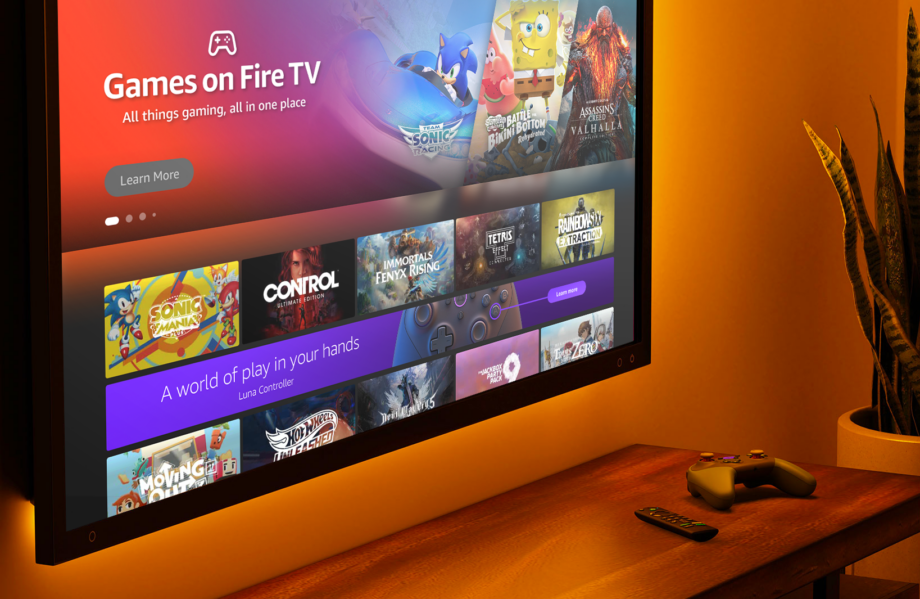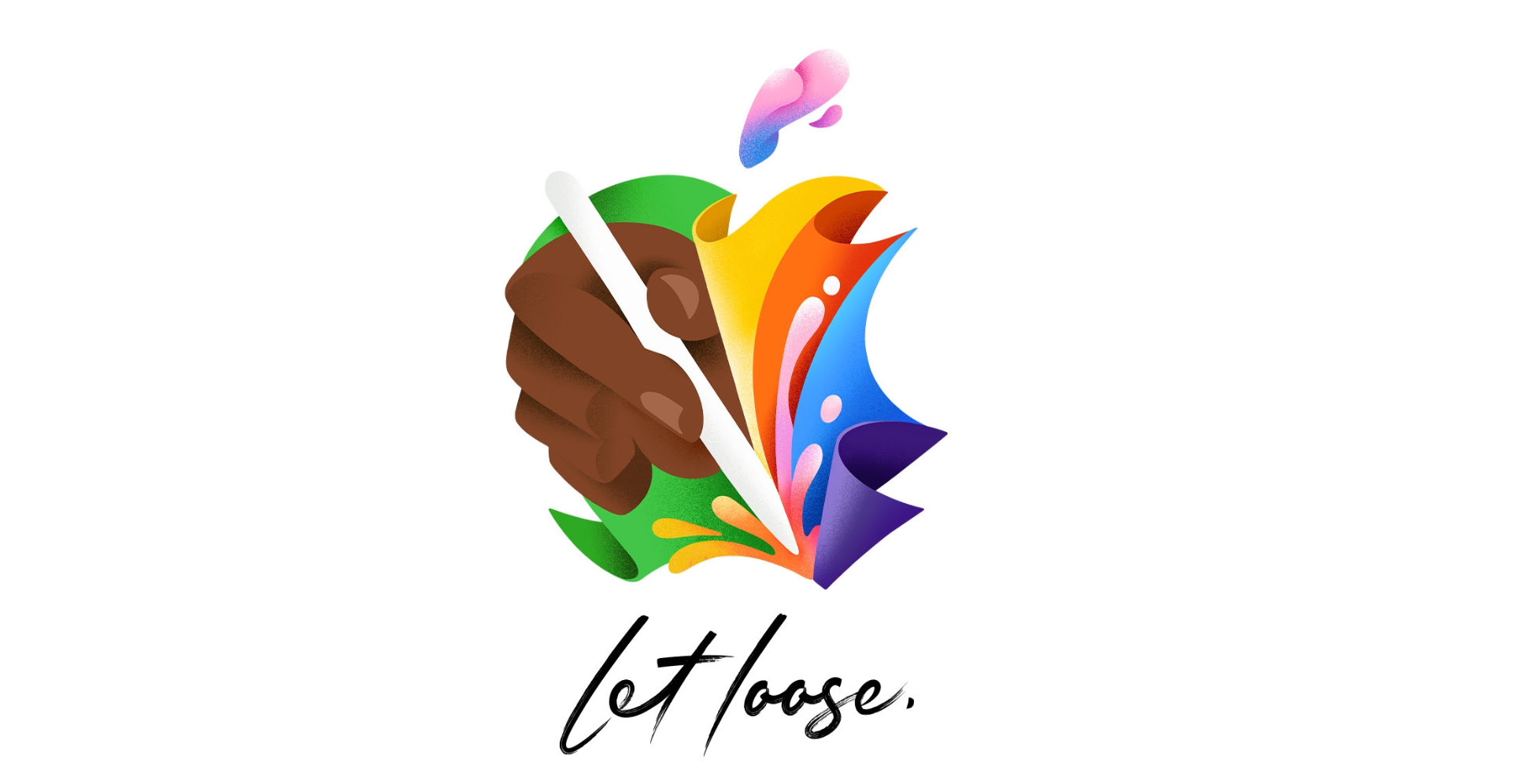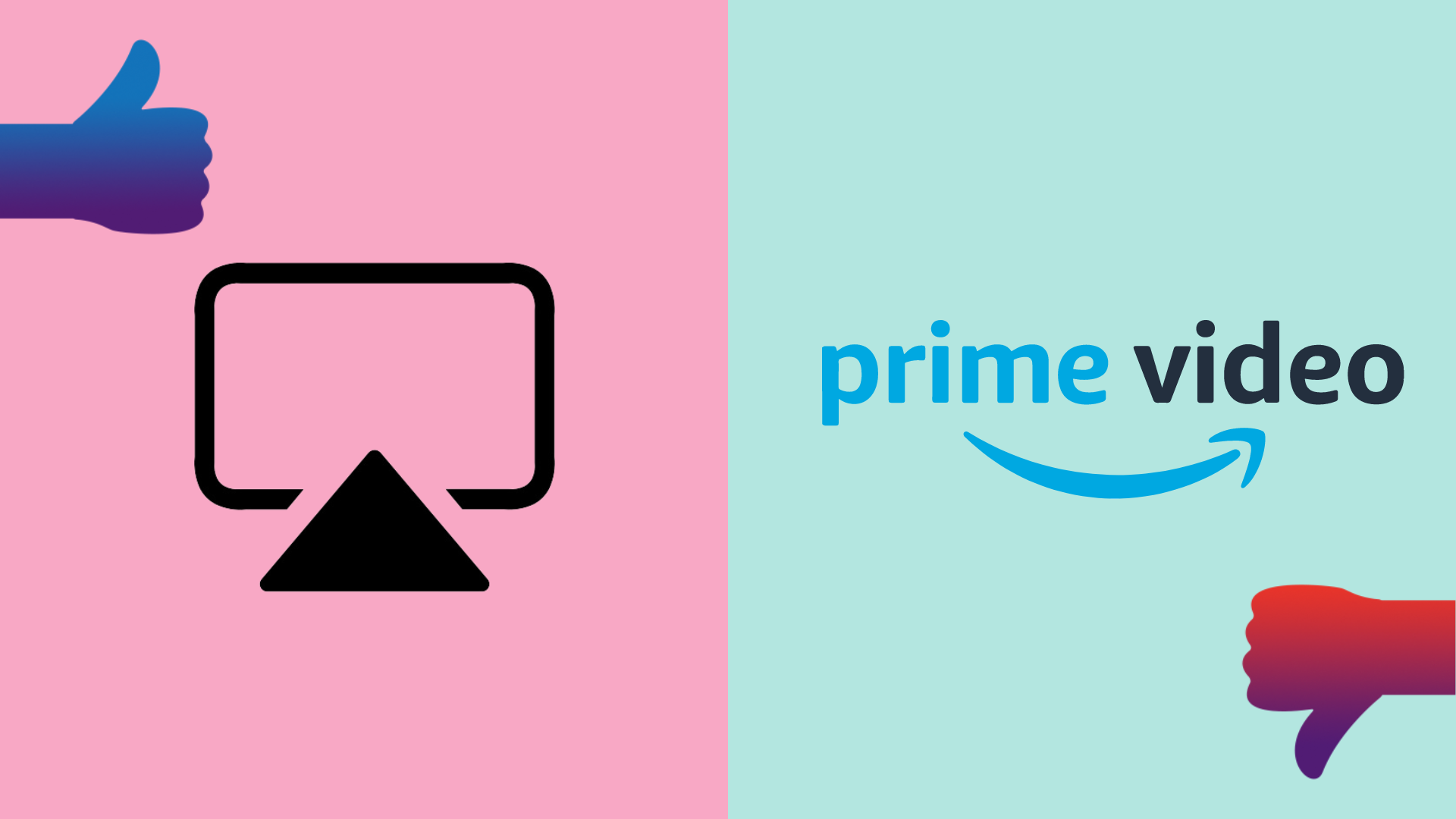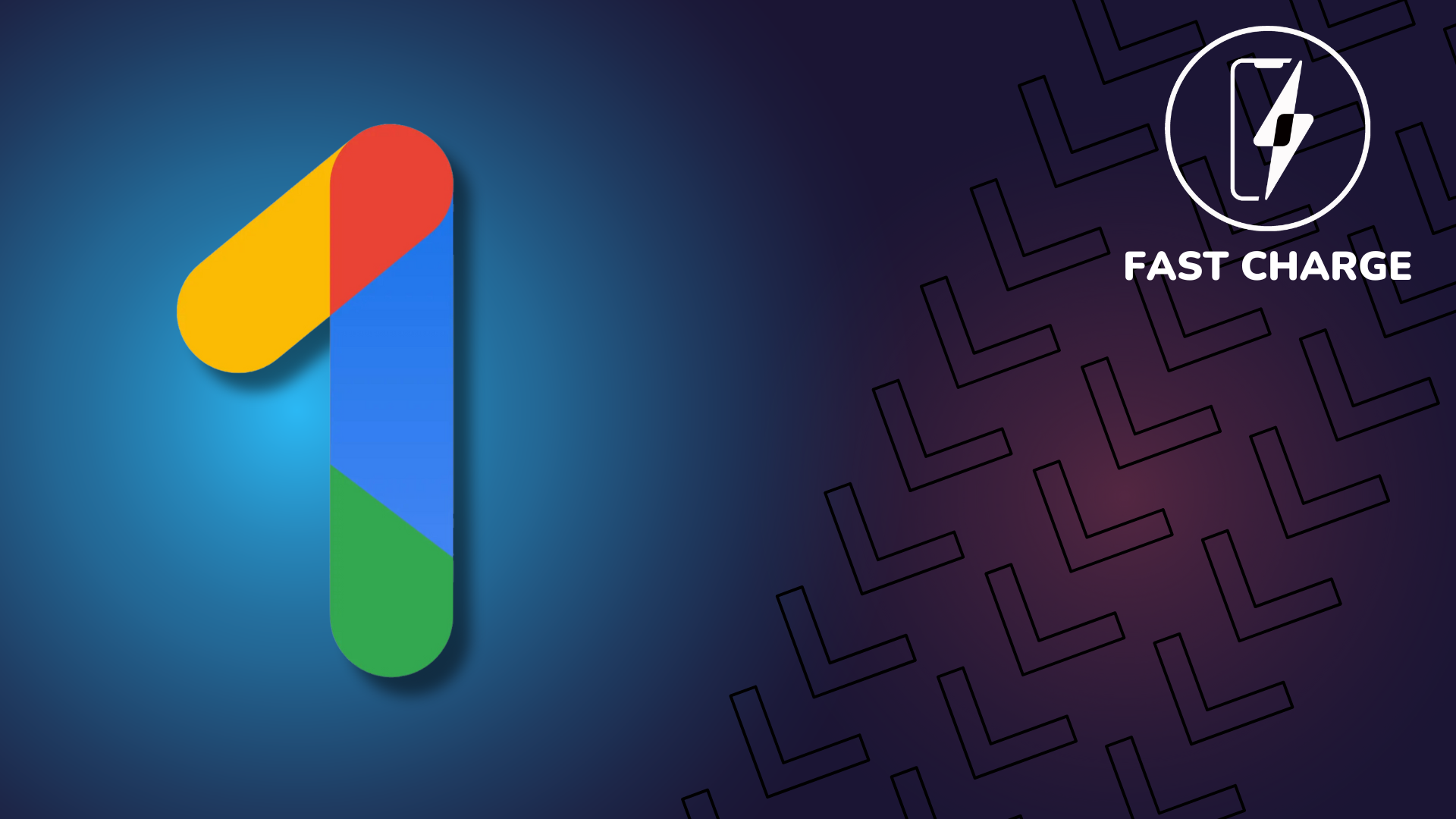Amazon Luna is making the same fatal mistakes as Google Stadia

OPINION: Amazon Luna finally arrived in the UK this week, allowing subscribers to play high-profile games via the cloud without the need for expensive hardware.
There used to be a real buzz around cloud streaming when Luna first launched in the USA back in 2022. Many even predicted it would change the gaming landscape for good, and provide a real challenge to the likes of PlayStation and Nintendo.
But a lot has changed in those two years, most notably the closure of Google Stadia. Now the future of cloud-streaming services such as Amazon Luna isn’t looked upon too favourably, and I can’t see Amazon seeing more success than Google if it continues down its current trajectory.
There are many reasons why Google Stadia failed. The requirement for a fast internet connection will have had an impact, as well as Google’s growing reputation for giving up on projects prematurely. But, as with all gaming platforms, the most important aspect was the game library.

Game platforms live and die by their game library. There was hardly any difference between the PS4 and Xbox One in terms of hardware, but the former saw superior sales thanks to its stellar lineup of first-party games such as Uncharted 4, God of War, The Last of Us Part 2, Marvel’s Spider-Man and Bloodborne.
But despite strong evidence indicating that most gamers are influenced more by a game library than the performance of a platform, Google curiously neglected this area. Stadia did not offer any high-profile games that weren’t already available on PS5, Xbox Series X or PC. In fact, it often had a number of major omissions: Elden Ring, Call of Duty: Modern Warfare II and LEGO Star Wars: The Skywalker Saga were some of the highest selling games in 2022, and yet did not make an appearance on Stadia.
Stadia certainly had a fantastic premise, allowing you to play any game without the need to buy an expensive console. But such talents go to waste when there aren’t enough high-profile games on the platform, never mind exclusives.
And now it looks like Amazon Luna is making the same mistake as Google Stadia. Luna is a little different to Stadia, in that you don’t buy games individually, but pay a subscription fee to access a library of games instead. It’s more akin to the Netflix model, and so sees greater similarities with Xbox Game Pass than Google Stadia.

But Xbox Game Pass has a far more compelling game library than Luna. Xbox has a gluttony of games, including Xbox exclusives such as Halo Infinite, Forza Horizon, Sea of Thieves and Hi-Fi Rush. And there are plenty of modern games on the platform too, such as Wo Long: Fallen Dynasty, Atomic Heart, A Plague Tale: Requiem and Valheim.
The Amazon Luna Plus library pales in comparison, with its most notable games launching several years ago. Alien Isolation launched in 2014, Control in 2019, and Sonic Mania in 2017 – these are all fantastic games, but arguably not enough to sway gamers from other platforms.
I’m not convinced Luna Plus offers great value for money either. It currently costs £8.99/$9.99 per month, while Game Pass Ultimate (the plan required for cloud streaming) is priced at $14.99/£10.99 per month – a little more expensive, but undoubtedly worth it for the superior selection of games.
Amazon Luna does offer additional game libraries at an extra cost, with Ubisoft Plus priced at a whopping $17.99/£14.99 per month. This gains you access to Ubisofot’s most popular game series such as Assassins’ Creed, Far Cry and Watch Dogs – but I still don’t think the games on offer here provide enough value to justify that steep subscription fee.
Amazon is going to need to improve the Luna Plus game library if it’s ever going to successfully compete with Game Pass, as Google Stadia has shown us all that revolutionary cloud-streaming technology is not enough to win over the gaming crowd.








